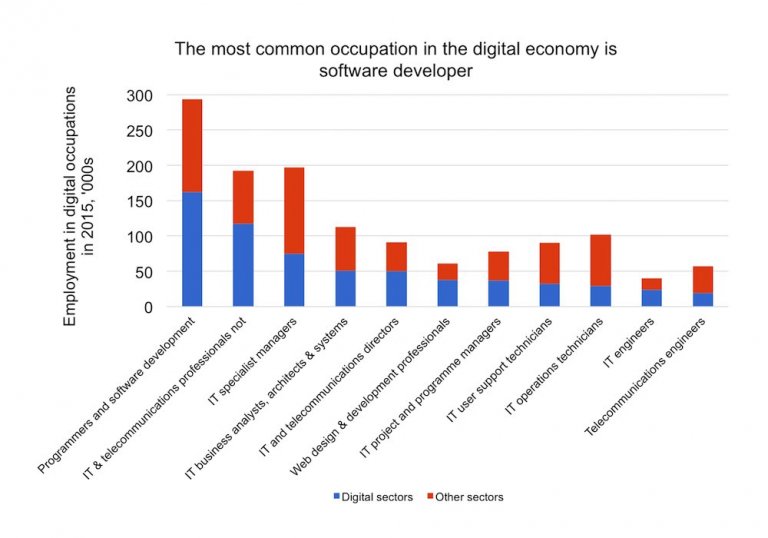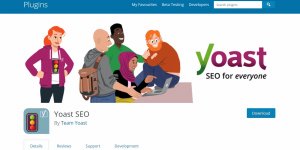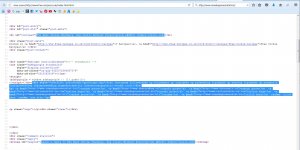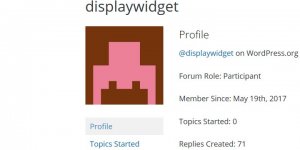The UK government is taking this seriously, in the UK Digital Strategy 2017 Policy Paper there’s multiple references to teaching children coding skills, a few select sections below:
Giving everyone access to the digital skills they need
We also need a strong pipeline of specialist skills – from coding to cyber – to support the tech industry and drive productivity improvements across the economy. We will deliver coding in the National Curriculum, from Key Stage One onwards, and we will take forward the recommendations of the Shadbolt Review to ensure computer science students have the real-world, up to date skills needed in the digital economy. To help more young people from a wider range of backgrounds consider a career in tech, we will support the National Citizen Service (NCS) in piloting new ways to include digital skills and careers in NCS programmes.
…
Digital skills embedded in education
We are already making progress to ensure that the next generation have the digital skills they need for work. In 2014, England was the first country in the world to mandate teaching coding to children at primary and secondary schools. The introduction of computing in the national curriculum means that our school children will be taught the knowledge and skills that employers will need.
For the computing curriculum to be successful teachers need to be well-equipped and supported to deliver it. That is why we have provided funding for the Computing at School Network of Teaching Excellence in Computer Science, whose network of over 350 Master Teachers can provide continuing professional development to teachers needing to further develop their computing expertise. We will also continue to encourage computing graduates into teaching, by providing generous bursaries of up to £25,000, and, in partnership with the British Computing Society, scholarships worth £27,500 for those training to be a teacher in 2017/18.
Outside the formal curriculum there has been a number of new innovative initiatives providing young people with opportunities to develop their digital skills. For example:
- There are now over 5,000 Code Clubs, using volunteers and top quality online material to give young people the opportunity to learn how to code.
- The Raspberry Pi Foundation is providing low-cost, high performance computers to learners alongside outreach and education to make more young people access computing and digital making.
- The BBC Make it Digital programme partnered with over 25 organisations to provide the micro:bit (a pocket sized codeable computer) to every child in year 7 or equivalent across the UK to inspire them to develop their interest and digital creativity and get them creating technology and not just consuming it
The UK will need many more computer software engineers in the future and many of them are sat in primary school classes discovering the basics of coding with apps like ScratchJr right now.
Continue Reading Teaching Coding in Primary Schools










